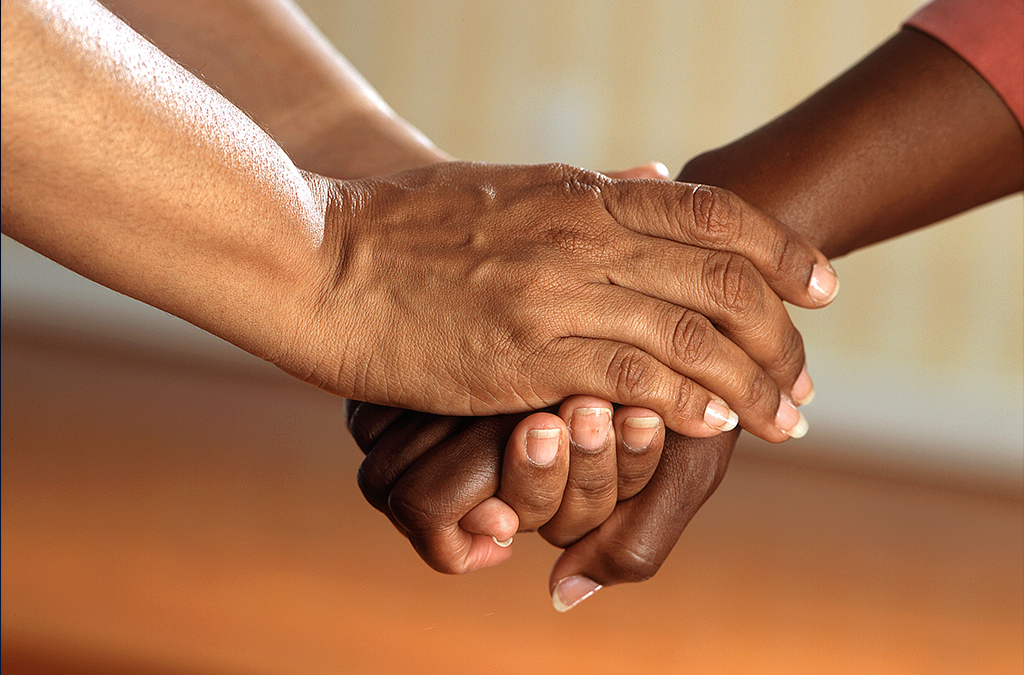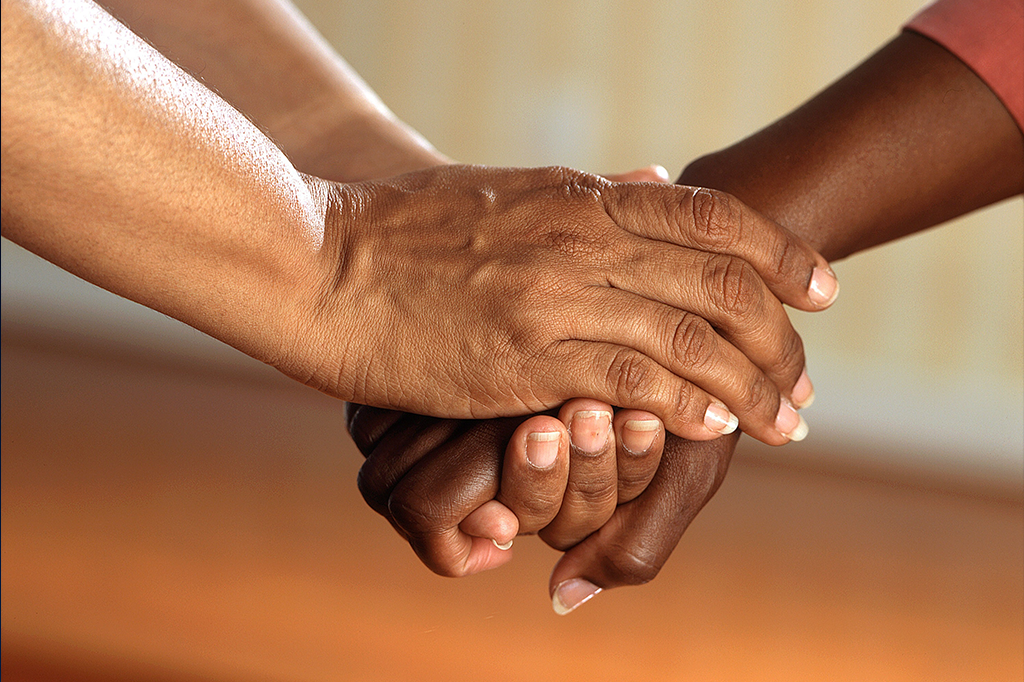Recently, over coffee, a friend asked me what I thought was the most essential lesson Christians should take away from the Pandemic.
My answer was, “Empathy, not just sympathy.”
He looked intrigued. “Tell me why,” he said.
My answer was simple, “Christians have gotten good at sympathy but are pretty bad when it comes to empathy.”
“What is the difference?” He asked.
Sympathy is acknowledging that there is misfortune and trouble in someone’s path, in our families, communities or world. Given the range of emotions for a human being, sympathy comes fairly easily.
When my grandmother would hear about someone’s troubles, she responded with that faithful, if not always sincere, phrase, “Bless their hearts.” Now, I realize that phrase can often mean very little- for many Southerners, that is our ingrained religious permission to talk about those people and whatever calamity has befallen them.
Sympathy for most people, except for narcissists and sociopaths, arrives easily, and I would argue genuinely. Yet, it is an emotional response that can have little traction, allowing most of us to move quickly to the next topic. Sympathy allows us to say (and maybe even truly feel) the right things and then disconnect.
Empathy is different. Empathy is not just acknowledging the troubles we see but also feeling the emotion and response to such troubles.
Sympathy allows us to say/know the right thing about a situation and then do nothing- or even worse, make decisions that worsen the situation- all the while, keeping struggles at arm’s length.
Jesus was not a fan of sympathy. On multiple occasions, he ranted against the Pharisees for practicing only sympathy. He cautioned the disciples that it was not enough to simply want to follow him; to do so required denying self and taking up a cross.
Why? Because empathy requires investment and intentionality; sympathy does not.
The pandemic taught us that the world needs more empathy- people willing to invest in the conditions of others.
The pandemic stripped us of the decision to say we care. It required that we decide to care and then do it.
I have been called out several times for my response of sympathy but never for an act of empathy.
How do we become more empathetic?
Well, Jesus taught us how in the first words of the Sermon on the Mount. The first beatitude says “become destitute to yourself so you can be filled up more with Jesus.”
That is my prayer for beginning every day- “Lord, empty me of ‘self-centered’ desires and the myth of self-sufficiency.” When I truly practice that, amazing things happen: I become more merciful, more open to love, more likely to make peace. And, in that journey, I become more humble and aware of the world as it actually is around me.
My friend asked one more question that I expected, “What about people who don’t take responsibility?” My answer to him is for another article, but I will share one part of my response:
“Jesus told us to love others as we have been loved, right? What would your life look like, and your life after death promise, if God had only had sympathy for you?”
We lost eye contact at that point. We didn’t need to answer that question. Jesus practiced, literally, empathy in its purest form. We are called to do no less.


